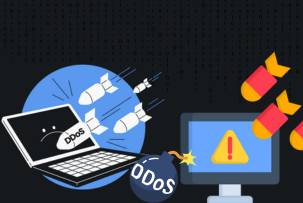Claude Opus 4.5 is now available
15:03, 25.11.2025
On November 24, Anthropic released Claude Opus 4.5. At this stage, the company considers it the most powerful option for computer control, agent scenarios, and programming. In addition, the model has been significantly improved and can now work with spreadsheets and presentations, allowing for more optimal analysis of information.
The model is already available on three major cloud platforms, in Anthropic applications, and through the Claude API. The current price for use is $5 per million input tokens and $25 per million output tokens.
In addition, the company has updated Claude Code, Claude Developer Platform, and user applications. A desktop use case, tools for long-lived agents, and integration with Chrome/Excel have been added. Also, thanks to the automatic collapse of the previous context, you can continue the length of the dialogue in Claude applications.
First impressions: When testing
At Anthropic, the model instantly handles ambiguous tasks, independently analyzes complex situations, and weighs trade-offs without detailed prompts. The model was tested on an internal benchmark, and in 2 hours, it showed better results than any human who took the same test.
This test focuses on checking the quality and technique of solutions within a very tight time frame. Claude Opus 4.5 outperforms the strongest experts who took this test for the position of performance engineers.
Opus 4.5 has better reasoning, vision, and math performance compared to previous versions. The model also shows top results in 7 out of 8 programming languages.
Consistency and security
Today, Claude Opus 4.5 is considered the most secure model and the top in consistency. When using the model in critical scenarios, it is expected that it will not break under attack from hackers. The project has significantly improved resistance to prompt injection—the presence of malicious hidden instructions in a request.
What's new in the Claude Developer Platform
The model solves problems in significantly fewer steps and uses fewer tokens than previous versions.
The Claude API now has an effort parameter that allows you to use the maximum depth of thought or choose the option to save tokens and time. At the medium effort level, Opus 4.5 performs better than Sonnet 4.5 and uses fewer output tokens.
Due to context compression and effort management, the model covers more tasks and does not require a lot of manual intervention.
The Developer Platform is gradually turning into a constructor from which you can create your own system with control over tools, efficiency, and context management.


